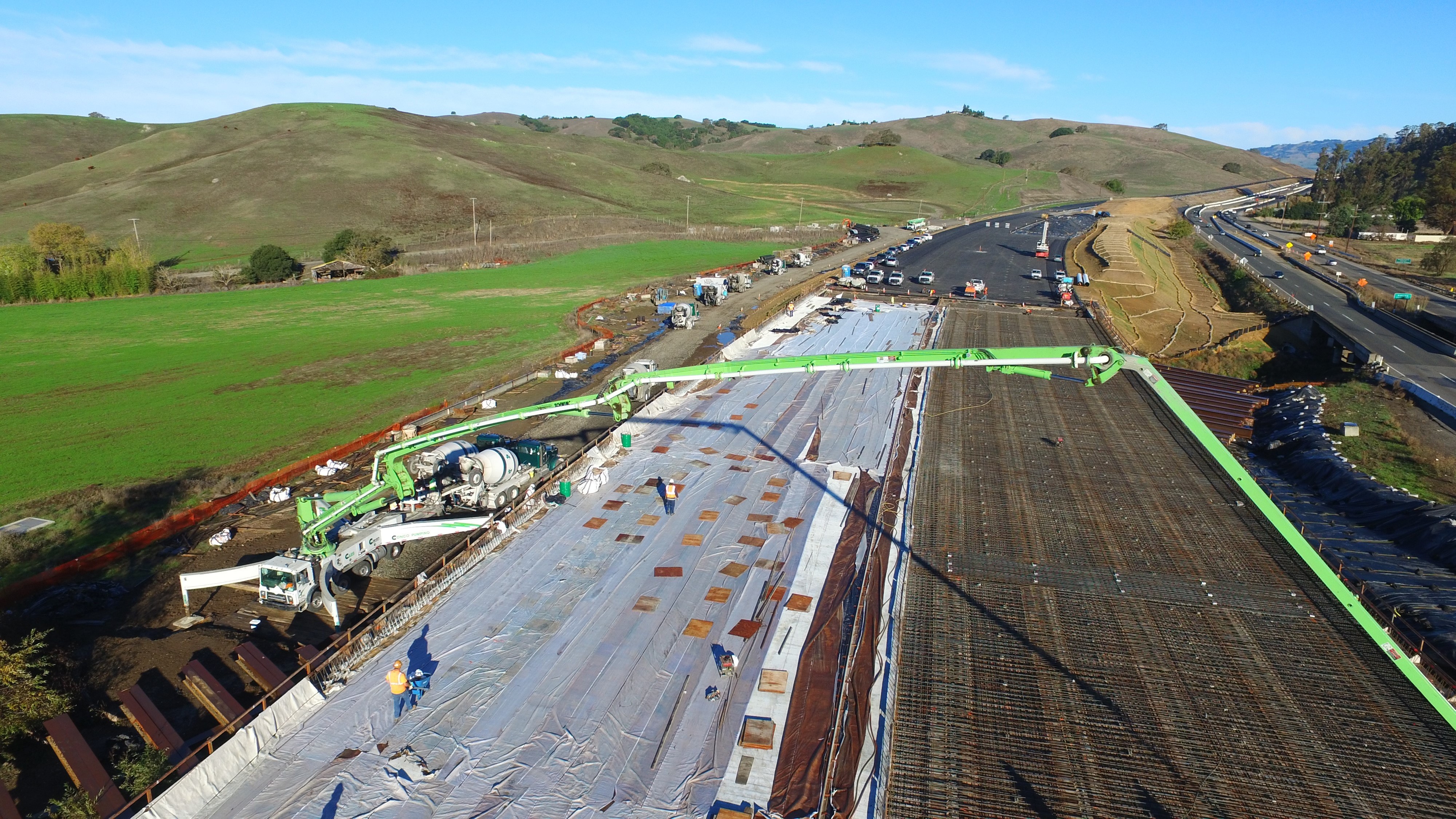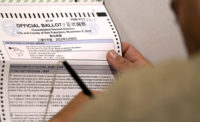Passed in 2017, California Senate Bill 1 has proven adept at generating billions of dollars to improve the state’s transportation infrastructure, making the legislation a major focus in both the June 5 primary election and upcoming November balloting.
A proposition guaranteeing that its funds will be spent only on transportation projects passed with 80% support, but one state senator’s backing of SB-1 fuel taxes cost him his job in this month’s voting. The results now set the stage for a possible November repeal of SB-1, with major gubernatorial candidates firmly established on opposite sides of the issue.
“The construction industry’s top priority will continue to be preserving SB-1 and the dollars that are going to support a stronger California,” says Associated General Contractors of California CEO Peter Tateishi. “People are seeing it implemented, and they’re not looking for roads to become more unsafe or continue to fall into disrepair.”
SB-1 has already generated billions in gas tax and vehicle fee revenue, and the new charges will raise an average $5.5 billion every year, he says.
Democratic state Sen. Josh Newman’s support of SB-1 fuel tax increases in his traditionally Republican Fullerton district led to his recall this month.
However, the easy passage of Proposition 69, which prevents SB-1 money from being diverted for other purposes, bodes well for supporters of SB-1 in the November battle over its repeal, Tateishi says.
The state’s candidates for governor have taken strong stands on the issue, with Republican hopeful John Cox involved in a campaign to overturn SB-1 and Lt. Gov. Gavin Newsom, the Democratic candidate, rejecting repeal.
June 5 also saw the defeat of California’s Proposition 70, which would have required a one-time, two-thirds vote in each chamber of the state legislature to use revenue from an anti-pollution fund.



